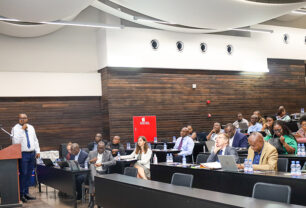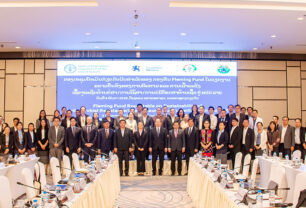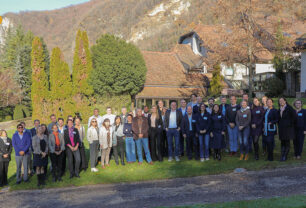Emerging from a collaboration between the WHO, the Qatar Foundation, and international experts, this publication puts forward ten political recommendations and seven case studies to bolster the fight against tuberculosis among migrants and refugees. It is based on the technical report presented at WISH.
The Mérieux Foundation, represented by Dr. François-Xavier Babin, Dr. Josette Jajjar-Pellet, and Dr. Diana Abou Ismail, contributed to the report, drawing in particular on its expertise on the ground in Lebanon, where it works with refugee populations.
Tuberculosis remains the leading cause of infectious mortality in the world, with 1.25 million deaths in 2023. It particularly affects the most vulnerable, including migrants and refugees. There has been an unprecedented rise in forced displacement (over 122 million people in June 2024), yet access to diagnostics and treatment continues to be hindered by structural, social, and financial barriers.
Against a background of global budget cuts, the publication sounds a warning about the risk of progress evaporating: only 26% of the funding needed for the global fightback against tuberculosis was available in 2023. This chronic lack of finance is a direct threat to the progress that has been made, particularly in countries with a heavy TB burden that are affected by population movements on a massive scale.
The consequences can already be seen: breakdowns in services, limited access to diagnostics and treatments, worsening inequality, and a rise in preventable deaths.
The analysis emphasizes three priority areas for action:
- Mobilizing high-level political engagement by incorporating TB into national health and emergency strategies, with a particular focus on displaced populations.
- Ensuring enough long-term funding for the response to TB via domestic resources and international mechanisms suited to crisis situations.
- Guaranteeing fair access to preventive medicine and treatment services, integrated into the primary healthcare system and accessible to all, regardless of legal status.
These recommendations are based on concrete examples of countries and regions that have successfully developed innovative approaches to maintaining access to care in situations of migration and conflict.





